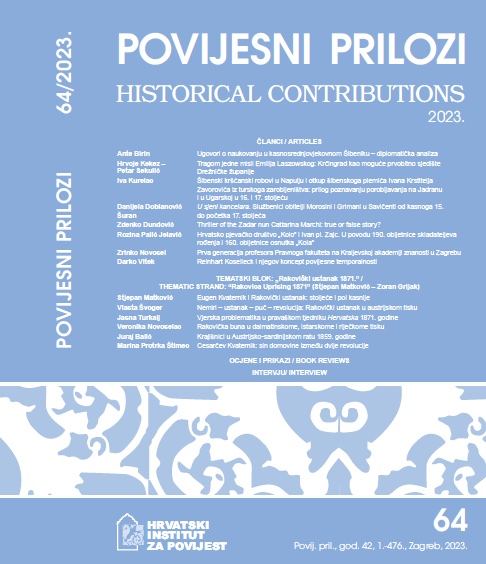Reinhart Koselleck and His Concept of Historical Temporality
DOI:
https://doi.org/10.22586/pp.v42i64.25359Keywords:
Reinhart Koselleck, Historical Time, Theory of HistoryAbstract
Time is inextricably linked to historical research, but it has not traditionally been the central focus of historiography. Prior to the writings of Reinhart Koselleck, historians rarely discussed time as a distinct category. Discussions concerning time were primarily held within the realms of philosophy and physics, and the understanding of time reached through those discussions determined the concepts of time in historical research. Historiography, influenced by Newton’s conception of time, predominantly viewed time as an objective category, irrespective of its cyclical or linear nature. Reinhart Koselleck made a significant departure from this understanding of time and presented an interpretation in which time was connected to individual experience. Koselleck referred to this form of time, different from natural time, as historical time. Recognizing the subjectivity of time, Koselleck referred to it in the plural form. Due to technological development and the modernization of society, historical time is characterized by increasing artificiality and acceleration, as it pertains to individual and collective experiences. To comprehend and explain specific historical events and processes within the context of historical time, Koselleck developed the theory of the layering of time. This theory encompasses three layers: the individual event, the repetitive structure, and their interconnectedness in natural time. Through this framework, Koselleck provided new avenues for interpretative approaches and deeper understanding of the past within historiography.
Downloads
Published
How to Cite
Issue
Section
License
Copyright (c) 2023 Authors and journal

This work is licensed under a Creative Commons Attribution-NonCommercial 4.0 International License.







